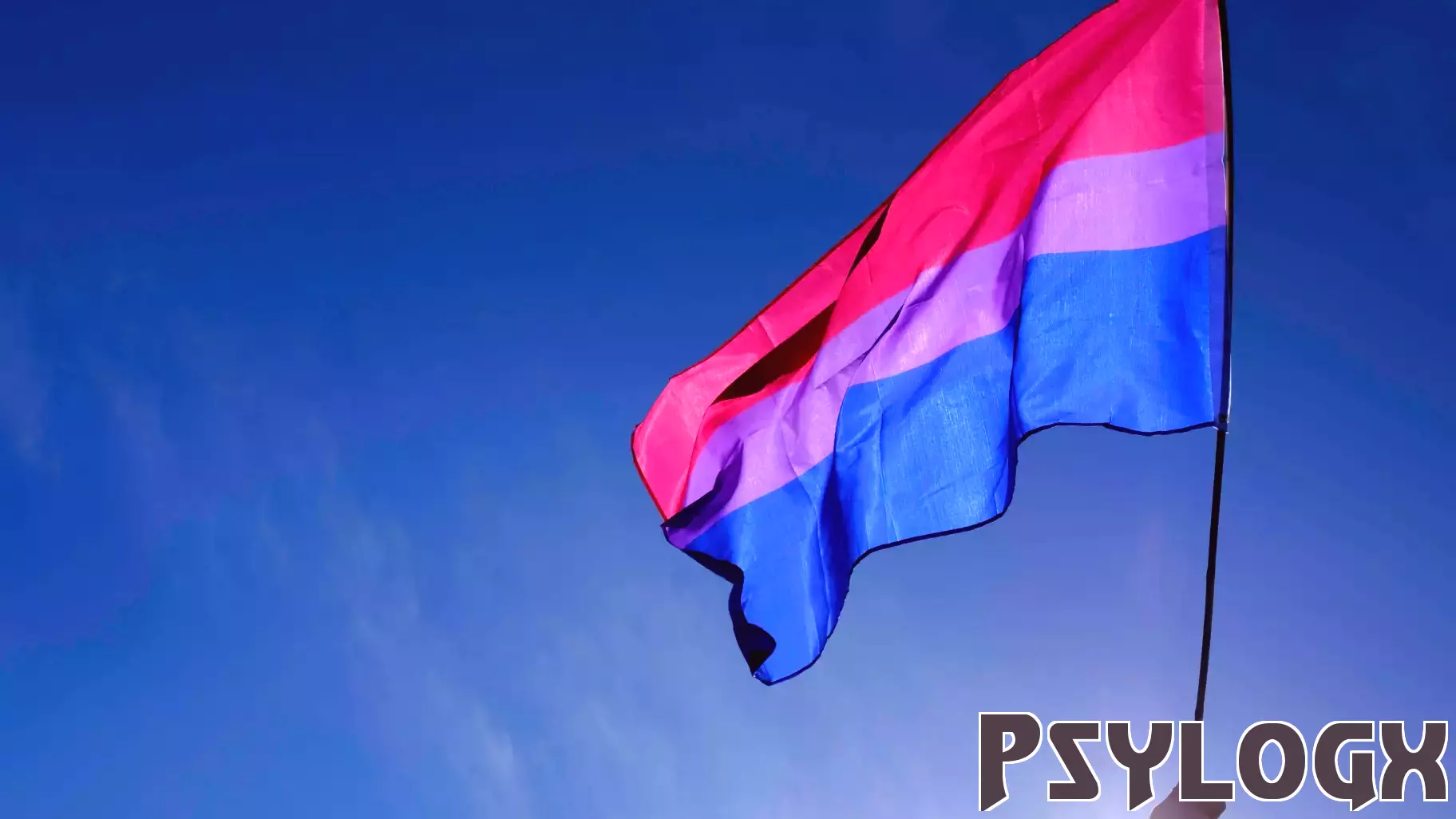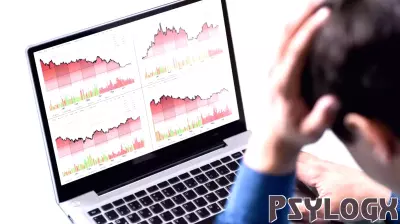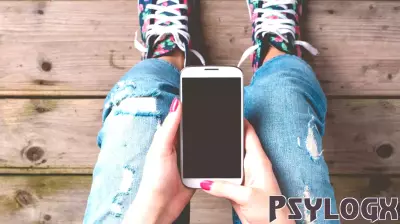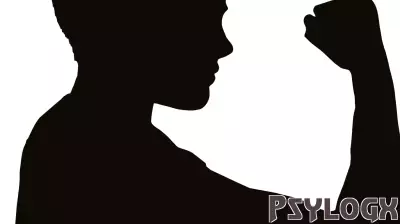March 25, 2025 - 09:02

Bisexual individuals often face unique challenges in gaining acceptance, primarily due to four psychological biases that contribute to their marginalization. These biases not only affect societal perceptions but also have profound implications for the mental health of those who identify as bisexual.
Firstly, the binary thinking bias leads many to view sexual orientation strictly as either heterosexual or homosexual, disregarding the fluidity of attraction. This oversimplification can invalidate the experiences of bisexual individuals, making them feel invisible or misunderstood.
Secondly, the confirmation bias plays a role, as people tend to seek out information that reinforces their existing beliefs about sexuality. This can result in the perpetuation of stereotypes that bisexuality is merely a phase or a sign of indecision.
Thirdly, stigma and stereotype bias contribute to a culture where bisexuality is often viewed negatively. This stigma can lead to feelings of shame and isolation among bisexual individuals, impacting their self-esteem and mental well-being.
Lastly, the invisibility bias means that bisexuality is frequently overlooked in discussions about LGBTQ+ rights and representation. This lack of visibility can exacerbate feelings of alienation, making it harder for bisexual individuals to find community and support.
Understanding these biases is crucial for fostering a more inclusive society that recognizes and validates the experiences of bisexual individuals, ultimately promoting better mental health outcomes for this marginalized group.



